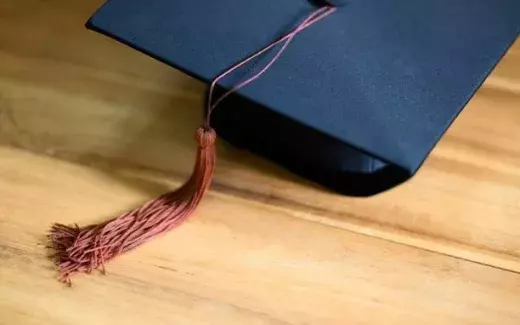About the Department
The DAAM was created in 2012 with an ambitious cultural project in mind:
- to bring together in a single research structure specialists from Asian, African, and Mediterranean Studies;
- to focus upon the exchange between these cultures over the centuries and in contemporary times.
The conceptualisation of the cultures of the Eurasian continent as a unified entity ranging from Greek-Roman civilisation to the Far East, is one of the most significant legacy that Italian Oriental Studies have left to the culture of the twentieth century. Of equal significance are the relationships that have connected this vast area to the Africa, a continent that has played an active role in this ancient process of economic, cultural and political interrelation. The DAAM therefore aims to be an open window on a fundamental part of the world, in which the majority of the world population is concentrated.
Studying the arts, archeology, languages, literature, philosophy, religion, history, political and social systems of the great Afro-Asian geographical and cultural area may help to defuse the tensions and conflicts that cross the contemporary world. It may also help Europe to face the challenges that emerge from the growing interconnections between distant parts of the planet. The contemporary world must learn new reasons for civil coexistence. These can also be achieved through an understanding of the cultural traditions of the past and the relationships that these cultures have woven together, even if it has not always been on a basis of mutual respect and equality. Indeed, DAAM has all the requirements to aid in this task, given that it represents the arrival point of a long tradition that begins in Naples with the Chinese College, founded by Matteo Ripa and recognised by Pope Clement XII in 1732. It was the first institution to impart the teaching of the languages and cultures of India and China in Europe. Later the school took on different names until finally becoming the current University of Naples “L’Orientale".
Today DAAM has over seventy teaching and research staff members working in both education and research activities. In this structure it is possible to learn all the major ancient and modern languages of a vast geographical and historical area, from ancient Greek to modern Japanese, from Arabic to African languages. You can also study culture, history as well as the political and social systems of the countries where those languages are spoken.
In its long history DAAM has been able to establish solid collaborative relationships with the most prestigious foreign universities and research institutes that share the same field of study. It fosters intense international exchange programmes and archaeological missions, which allow our students to complete their training abroad during both their under-graduate and post-graduate courses. Research and teaching at every level, from the Undergraduate degree course to Master’s degree courses to Doctor of Philosophy Programmes, takes place in DAAM in the possible conditions due the favourable small numerical ratio between teachers and students and the wealth of its specialist libraries based at the sixteenth-century Palazzo Corigliano in Piazza San Domenico, the headquarters of DAAM. These libraries boast truly precious collections, including the ancient books of the original Chinese College.

